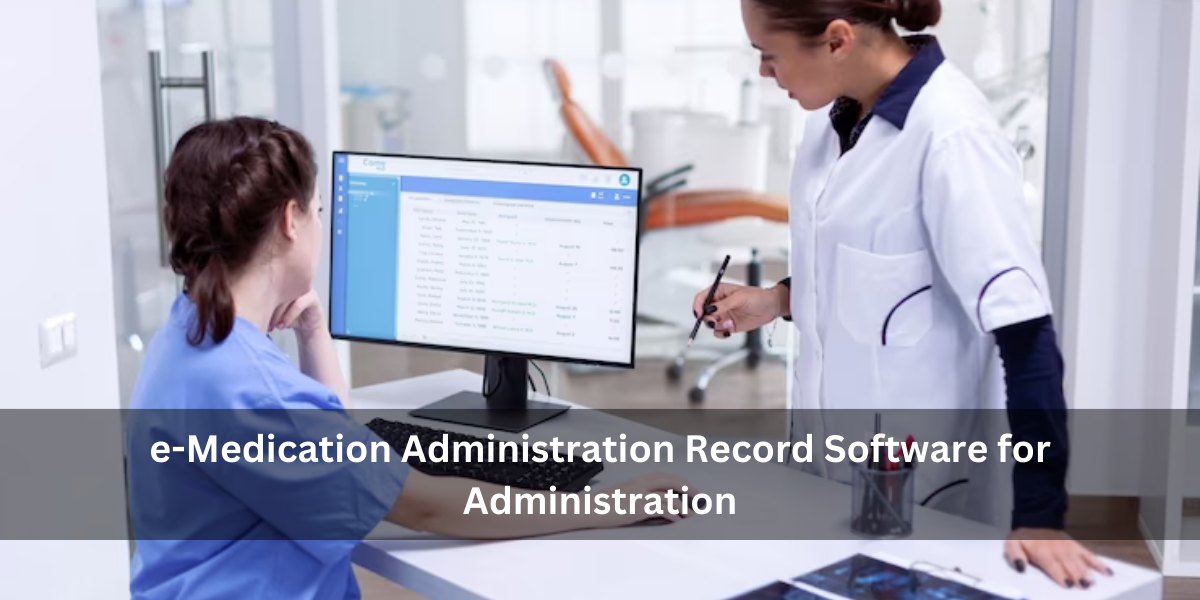Medication errors during administration are a grave concern in the healthcare system as they can adversely affect a patient’s health and safety. To ensure patients receive optimal care and maintain a safe environment, healthcare institutions and professionals must employ effective strategies to minimise these errors. Here we share some of the practical methods to reduce medication administration mistakes in healthcare settings:
1. Embracing Standardised Protocols
Healthcare institutions must outline clear protocols regarding the verification of medication orders, the preparation and labelling procedures, and the correct ways to administer these medications. Having such defined steps reduces ambiguity and offers healthcare providers a consistent blueprint, significantly cutting down the chances of error at every stage.
2. The Power of Double-checking
The implementation of a double-check system can serve as an extra layer of security. Before administering any medication, it is important to have not one, but two healthcare professionals independently verify the medication’s details – including the order, dosage, and relevant patient details. This collaborative method of double verification can improve accuracy. It also ensures that potential mistakes are caught early. Many medication administration record softwares include this double-check system.
3. Using Technology
Tools such as barcoding and electronic medication administration records (eMAR) offer a host of benefits such as: accurate tracking, proper matching of patients with their prescribed medications, and efficient documentation of all administration-related details. With the help of these tools, healthcare providers can confidently reduce errors related to medication selection, dosage determination, and record-keeping.
4. Informed Patient
Patients can be valuable allies in ensuring medication safety. By imparting knowledge about their medication regimen – explaining the purpose of each medication, possible side effects, and adherence’s significance – healthcare providers empower patients to be more involved in their treatment.
5. Training and Education
It is important for healthcare professionals to undergo rigorous training. Also, they should attend periodic education sessions on medication administration. These sessions can help professionals better understand diverse medications and their potential side effects, correct administration methods, and error mitigation strategies.
6. Clear Communication
Clear and timely communication amongst the healthcare team is important for reducing medication errors. It is crucial to promptly relay medication orders, updates in dosages, or any other pertinent patient information to all involved parties. Embracing standardised communication tools can eliminate misunderstandings and improve the clarity of instructions.
7. Importance of Distinct Labelling and Packaging
The way medications are labelled and packaged can greatly influence error rates. Medications should have clear usage instructions. Also, professionals should be careful of medications that look or sound similar. Such initiatives guarantee that medications can be easily identified, ensuring that the right drug reaches the right patient.
Preventing medication administration errors requires a comprehensive and multifaceted approach. By using these steps, healthcare organisations and professionals can significantly reduce the occurrence of errors.
Looking for information on medication administration record software? Explore electronic medication administration record (eMAR) to reduce medication administration errors at your healthcare facility. Book a demo today.







